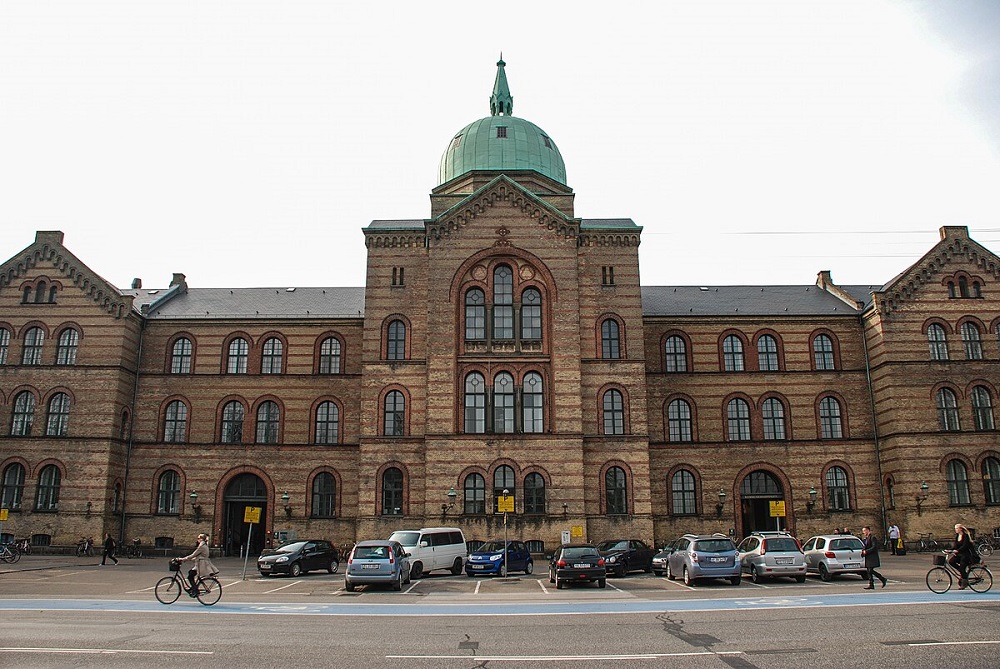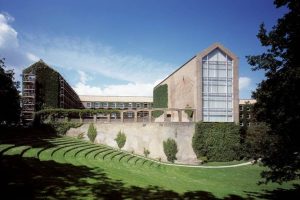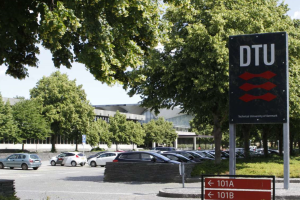
University of Copenhagen
The University of Copenhagen is a public research university located in Copenhagen, Denmark. It is the oldest and largest university in Denmark, founded in 1479. It is consistently ranked among the top universities in Europe and the world. Over its 500+ year history, the university has played a central role in Danish intellectual and cultural life. The university has several longstanding traditions, including an annual torchlight procession through the streets of Copenhagen on November 22nd, the anniversary of the university’s founding. Another tradition is the annual Commemoration Day celebration, where students and faculty gather to honor the university’s history and achievements and recognized as one of the leading universities in Europe and the world. It consistently ranks among the top 100 universities globally in prominent rankings like the Times Higher Education and QS World University Rankings.
The university has developed extensive international partnerships and collaborations. It participates in exchange programs that allow students to study abroad, and it hosts a diverse international student population. Researchers at the university are engaged in projects and networks around the world.

Research
The University of Copenhagen is a leading research institution, with over 9,000 researchers and staff. It receives significant public and private research funding. Key research areas include climate change, sustainability, biomedicine, and the social sciences.
Research Facilities and Initiatives
In addition to its core academic faculties, the University of Copenhagen operates a number of specialized research facilities and initiatives, including:
- Niels Bohr Institute – A world-renowned center for physics research, named after the famous Danish physicist.
- Center for Basic Metabolic Research – A leading institution for the study of metabolism and its relation to health.
- Center for Social Data Science – An interdisciplinary hub for computational and data-driven social science research.
- University of Copenhagen Computational and Applied Mathematics Center – A center of excellence for applied mathematics and modeling.
The university also manages several large-scale, cross-disciplinary research programs focusing on global challenges like climate change, sustainability, and disease.
International Reputation and Global Reach
As one of Europe’s premier research universities, the University of Copenhagen has built a truly global reputation and network. Some key facts about its international standing:
- Regularly ranked among the top 50-100 universities worldwide by major ranking systems.
- Attracts top students and faculty from around the world – over 6,000 international students enrolled.
- Participates in numerous international research collaborations and exchange programs.
- Manages overseas campus locations and research facilities in places like Greenland.
- Offers a wide range of English-taught degree programs to accommodate its international student body.
The university’s global outlook and extensive international partnerships are a major asset, allowing it to tackle complex, cross-border challenges through innovative, collaborative research.
Campus and Facilities
The University of Copenhagen’s main campus is located in the heart of Copenhagen, with additional facilities and research centers spread throughout the city. Highlights of the campus infrastructure include:
- Over 40 buildings and facilities, many with historic architectural significance.
- State-of-the-art research laboratories, libraries, and specialized academic centers.
- Extensive student housing options, both on-campus and in the surrounding city.
- Modern sports facilities, including a 25-meter indoor swimming pool.
- Green spaces, plazas, and other areas for student life and recreation.
The university has invested heavily in upgrading and expanding its campus in recent years to meet the needs of its growing student population and research enterprise.
With over 37,000 students, the University of Copenhagen has a vibrant campus life and student community. There are over 200 student clubs and organizations covering academic interests, sports, the arts, and more. Many students also get involved in research projects and interdisciplinary initiatives.
The university provides extensive student support services, including academic advising, career counseling, mental health resources, and housing assistance. Copenhagen is consistently ranked as one of the world’s most livable cities, offering students a high quality of life with ample cultural and recreational activities.
The university offers a wide variety of continuing education and professional development courses. These include part-time and online programs, executive education offerings, and customized training solutions for industry partners.
The goal is to enable working professionals to upskill, reskill, and stay current with the latest advancements in technology and engineering,
These include part-time and online programs, executive education offerings, and customized training solutions for industry partners.
The goal is to enable working professionals to upskill, reskill, and stay current with the latest advancements in technology and engineering. Many of these continuing education offerings are developed in close consultation with employers to ensure relevance and impact on participants’ careers.
DTU sees lifelong learning as crucial for individuals and organizations to adapt to the rapidly changing technological landscape.
.
Admission Requirements
requirements for prospective students. Here are the key admission requirements:
Undergraduate Admission
- Completion of a qualifying upper secondary education (e.g. high school diploma)
- Strong academic performance, typically requiring a minimum GPA of 3.5 or equivalent
- Satisfactory scores on standardized tests such as the SAT, ACT, or national exams
- Proficiency in English, demonstrated through TOEFL, IELTS, or other language tests
- Submission of transcripts, test scores, a personal statement, and letters of recommendation
- For some programs, additional requirements like interviews or portfolios may apply
Graduate Admission
- Completion of a relevant bachelor’s degree from an accredited university
- Superior academic record, typically a GPA of 3.7 or higher in prior studies
- Competitive scores on standardized graduate admissions tests (e.g. GRE, GMAT)
- Demonstrated research experience or relevant professional work experience
- Proficiency in English, with TOEFL or IELTS scores meeting program-specific thresholds
- Submission of transcripts, test scores, a statement of purpose, letters of recommendation, and any other program-specific materials
The admission process is highly competitive, with the university receiving far more qualified applications than available spots in each incoming class. Successful applicants tend to have exceptional academic credentials and a strong fit with the university’s educational philosophy and research priorities.


